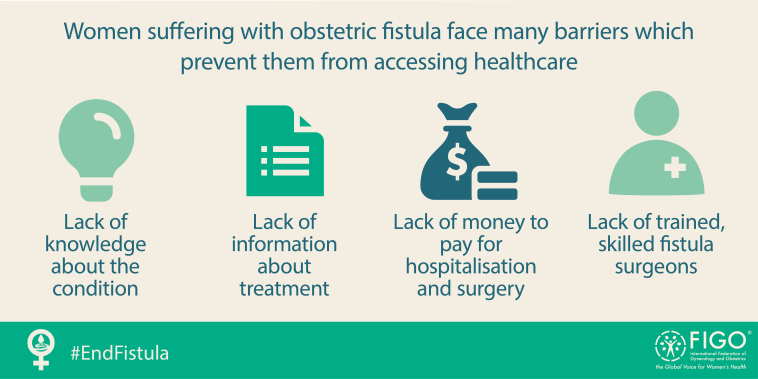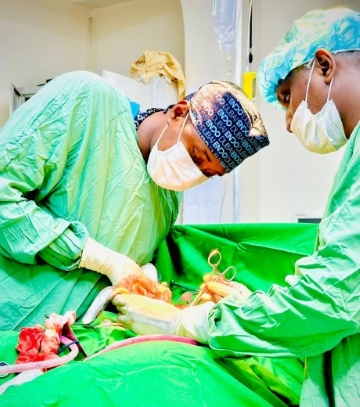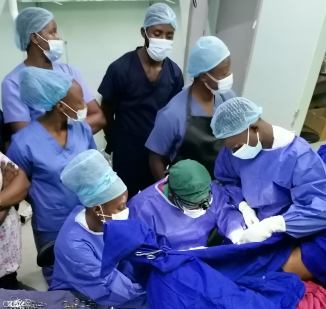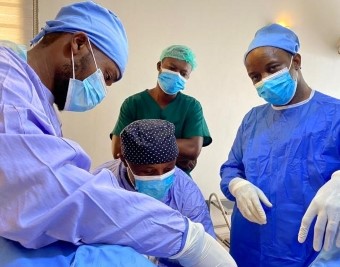International Day to End Obstetric Fistula 2024: Overcoming barriers to provide more treatment

On 23 May each year, FIGO joins the global community to raise awareness about obstetric fistula and generate much-needed additional support for women affected.
Obstetric fistula is a severe childbirth injury affecting two million women in low-resource settings, with 100,000 new cases each year. Despite the need, only 1 in 50 women receive treatment.
FIGO's Fistula Surgery Training Initiative (FSTI) is on a mission to eradicate obstetric fistula globally, FSTE is dedicated to training surgeons—known as FIGO Fellows—from fistula-affected communities. With 90 surgeons now part of this crucial training programme, FIGO has reached out to its Fellows to hear their insights on the multifaceted approach needed to tackle this pressing issue. Listen to what they have to say.
What is the most important step to providing treatment for more women with obstetric fistula?

The crucial steps for treating greater numbers of women with obstetric fistula require:
- More trained, skilled fistula surgeons
- More national and regional fistula treatment centres that provide holistic care
- More financial assistance to support incurable fistula patients, including their accommodation, food and medication
-Dr Abdirisak Hassan Artan, Keysaney Hospital Somalia, FIGO Fellow

The most important step to providing treatment for more women with obstetric fistula is creating awareness about obstetric fistula and the availability of accessible, effective and subsidized treatment.
-Dr Fatimat M. Akinlusi, Lagos State University College of Medicine Nigeria, FIGO Fellow

Continued sensitisation, especially at a community level, is one of the most important steps to providing treatment to more women with obstetric fistula.
I have screened and operated many women who have lived with obstetric Fistula for 10 or 15 and even 25 years because they didn't know surgery is available.
-Dr Royd Nonde, Zambia, FIGO Fellow

The most important step in providing treatment to a greater number of women suffering from obstetric fistula is community awareness. This will be at the root of community involvement and the referral of cases to a health facility.
-Dr Kenny Raha, DRC, FIGO Fellow
To provide treatment for a greater number of women suffering from obstetric fistula, the most important step is to train surgeons to provide safe and secure care. Because the testimony of a woman cured of fistula can convince many women.
-Dr Tiana Herilala Razanakoto, Madagascar, FIGO Fellow
The voices of FIGO Fellows underscore a common theme: there are still barriers to overcome and effective treatment is key to ending obstetric fistula. We need to focus on surgeon training, expanding treatment centers, providing financial support and increasing awareness to significantly reduce this condition.
On this International Day to End Obstetric Fistula, FIGO urges governments, healthcare providers and the global community to commit to these steps. Together, we can ensure every woman affected by obstetric fistula receives the care she deserves, moving towards a future free from this preventable tragedy.